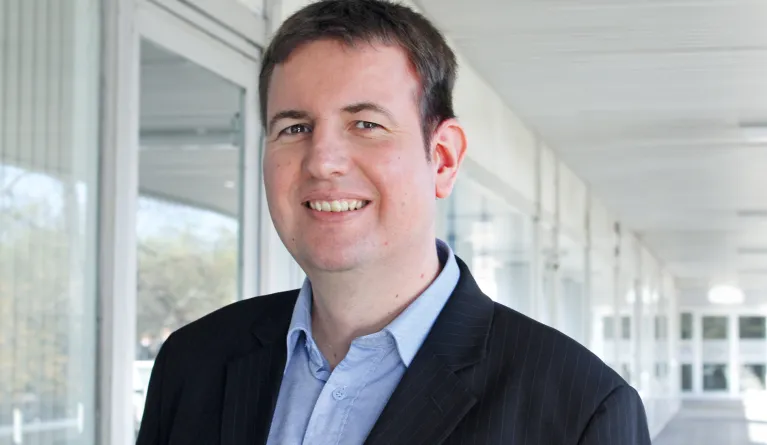Prof. Dr. Stephan Weibelzahl
Stephan Weibelzahl (born in 1973) studied Psychology, with Computer Science as a mandatory elective, at the University of Trier. Following this, he obtained a fellowship at the DFG Research Training Group in Human and Machine Intelligence in Freiburg. After obtaining his doctorate in 2003, he led a research group at the Fraunhofer Institute for Experimental Software Engineering in Kaiserslautern.
In September 2004, he switched to National College of Ireland in Dublin as a lecturer, in order, among other things, to contribute to setting up the MSc in Learning Technologies. From 2008 onwards, he also headed National e-Learning Laboratory (NELL). During this period, Dr. Weibelzahl successfully completed numerous national and international projects with industry involvement.
In October 2013, Dr. Weibelzahl took up a professorship in Business Psychology at PFH.
Prof. Weibelzahl is a referee for numerous journals and international conferences. He was Deputy Spokesperson for the GI Workshop on Adaptivity and User Modelling in Interactive Software Systems (ABIS), Programme Co-Chair of the International Conference on User Modelling, Adaptation and Personalization (UMAP 2013) and President of the Professional Association for Usability und User Experience UXPA Ireland. In November 2013, he received the President’s Award for Outstanding Contribution to Research from National College of Ireland.
Work and research interests
- User modelling: what different goals, desires or preferences do the users of an application have? How can that be observed or measured?
- Adaptation: how can man-machine interaction be improved by taking account of individual goals, desires and preferences?
- Evaluation: does it achieve anything at all?
- Technology-enhanced learning: what potential do new technologies have with regard to learning?
- User experience: what do people think and feel when they use a (software) product? How can that be influenced?
Visions and objectives
- To enthuse students for research in business psychology
- To improve man-machine interaction through psychologically grounded theory and systematic evaluation
- To set up a user experience laboratory to try out new forms of interaction and to evaluate prototypes
- To carry out projects with companies to demonstrate how relevant business psychology theories and findings are in practice
- To offer the best distance-learning study programme in business psychology
